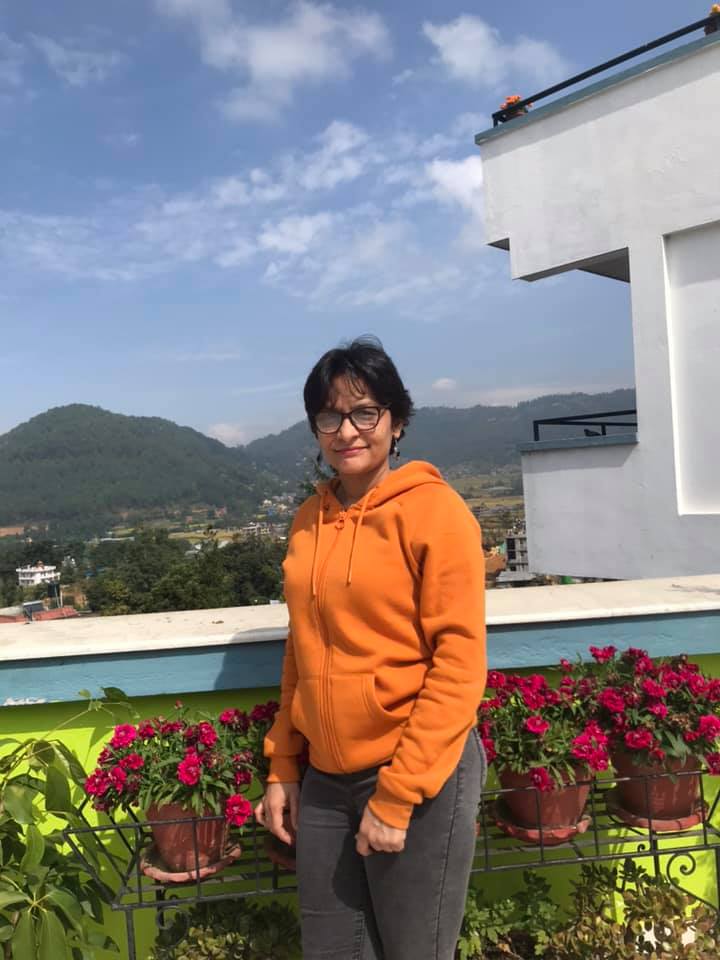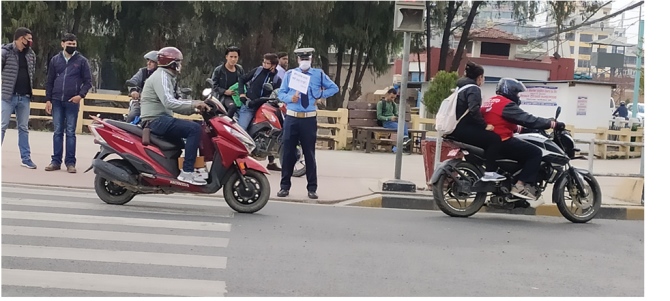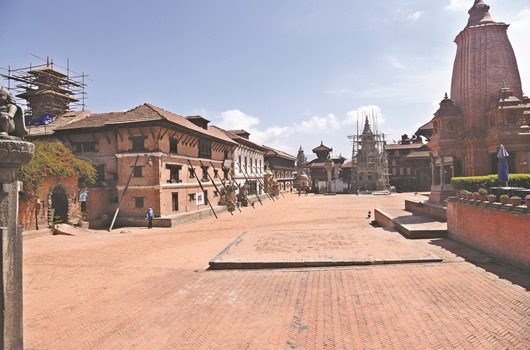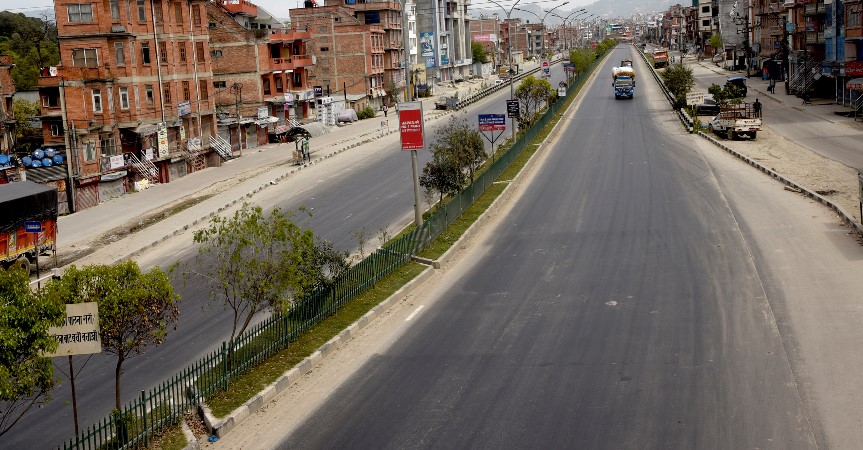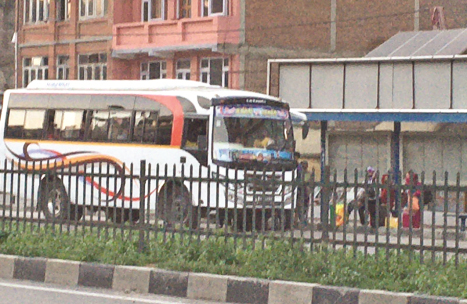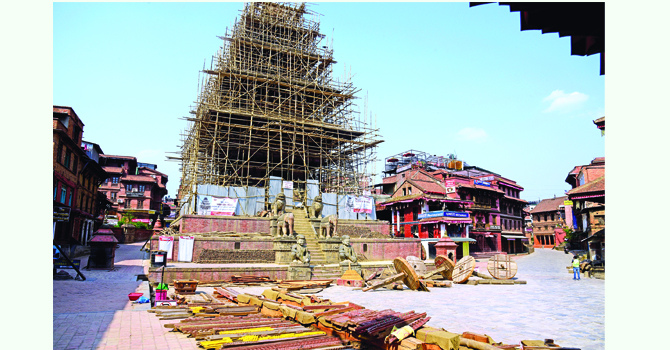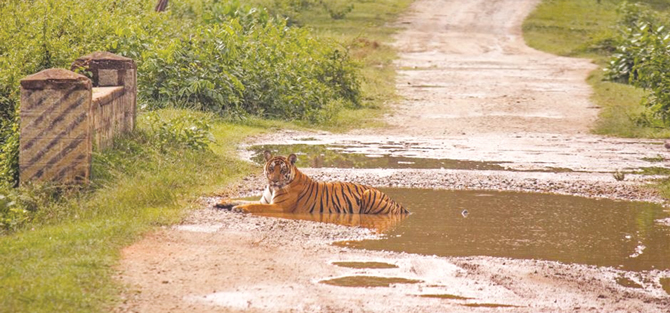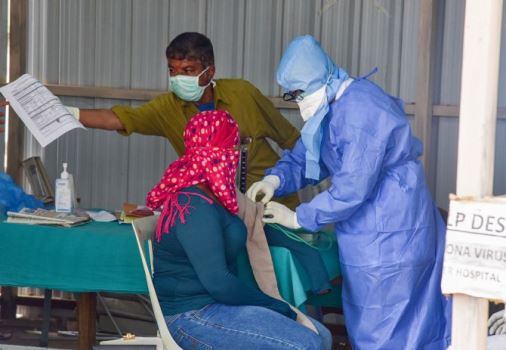Safe Abortion Vital for Women's Health

Indira Aryal
Getting safe abortion and family planning services easily in remote parts of Nepal is still a far cry for many rural women. For many women in those areas, the process of abortion still costs a lot and sometimes they even risk their lives.
Poverty, not having medical services nearby and lack of knowledge about safe abortion services are the main reasons that increase complications to women. Many women may end up taking abortion medication without even consulting with health professionals and sometimes they even use home remedies to abort their foetus, which can lead to various health complications like bleeding, bladder injury, bowel injury and uterine perforation.
Programmes
However, in the past few years, various organisations including the government have run safe abortion and family planning programmes in many parts of the country. One such programme organised by Action Works Nepal (AWON) creates awareness among women in the Kalikot district in the Mid-Western Development Region of Nepal about the importance of medical abortion and family planning services.
Kalikot women are now aware of the need for safe abortion and family planning services. They speak openly about issues in their groups and communities, while also encouraging other women to have safe abortion services from registered medical institutions. Dalli BK, 32, of Dalit Tole at Tilagufa Municipality-4 in Kalikot district, said safe abortion and family planning services were out of her access when she aborted her two foetuses a few years ago.
After having her first baby, she terminated two pregnancies without any medical assistance. She was bleeding and faced serious health problems when she opted for unsafe abortions. Married at 16, she became a mother to her first child at 17.
She is now among the educators involved in safe abortion and family planning services. She started to participate in programmes organised by the Mothers Group. Later on, she even went to Marie Stopes in Jumla for an abortion as she was pregnant again and using contraceptives for family planning.
“A community mobiliser from AWON taught me and my husband about safe abortion and family planning methods. Now we are in the safe hands,” she added.
Likewise, Radha Shahi, 29, of Tulagufa Municipality Ward No. 6 Jubitha of the district got married at 18 and became a mother at 19 years. She had to go for an abortion for her second pregnancy when her first baby was just 11 months old.
She went to the nearest health institution to ask for medicine for abortion but the health institution did not have medicines for abortion.
After failing to get medicines from the nearby medical shop, she started using home remedies. Following the advice from her villagers, she cooked and ate Stinging nettle (Sisno) roots and Cow’s urine.
But all the home remedies failed to work and instead, she started feeling pain in her uterine. Only then did her husband take her to a hospital in Nepalgunj for safe medical abortions.
These are only a few cases of how rural women were facing a hard time during their abortions for unwanted pregnancies. But now with different programmes and orientations, local women in Kalikot have become more aware of sexual and reproductive health.
According to a study conducted by AWON in Kalikot, 45.2 per cent of women said that abortion is a sin. Some 29 per cent of women did not want to have an abortion. Women who had abortions said that their families (30.5 per cent) and the community (29.5 per cent) were ashamed.
Sanjay Mahat, programme officer at AWON, said that they have been working hard to raise awareness about abortion and family planning in the 15 wards of the Kalikot district.
“We have been training abortionists in health institutions to perform safe abortions. We have made it easy and convenient for family planning from health institutions,” he said.
The organisation is also providing training to youth clubs and mothers' groups about safe abortion and family planning for public awareness.
According to the District Public Health Office, Kalikot, in the fiscal year 2020/2021, one girl under 20 years old received a medical abortion and another received a surgical abortion.
Meanwhile, 198 women over 20 years old received medical abortions and 63 women received a surgical abortion.
After the abortion, 147 women received short-term and 37 long-term family planning services.
Jagdish Nepali from the Public Health Office informed me that one woman developed complications after the abortion. Similarly, 2,867 women have received maternity services from skilled midwives while 404 people have received maternity services from other health service providers in the district.
Setu Shahi, a staff nurse at the Public Health Office in Kalikot, said that the government should run programmes at the ward level to ensure safe abortion for women.
She said that the government of Nepal should not only run the campaign but also move forward hand in hand with various organisations that are working on safe abortion and family planning.
Nepal legalised abortion in September 2002 and the procedural order was passed in 2003. The first-ever Comprehensive Abortion Care (CAC) service was started at the Paropakar Maternity and Women's Hospital in March 2004.
The new law grants women the right to legal abortion on the following grounds -- up to 12 weeks of gestation for any woman, up to 18 weeks of gestation in case of rape or incest, at any time during pregnancy, with the advice of a medical practitioner or if the physical or mental health or the life of the pregnant woman is at risk or if the foetus is deformed and incompatible with life.
Abortion Is Legal
According to the Centre for Research on Environmental Health and Population Activities, between 2002 and 2017, almost 1 million women received safe abortion services. But most women still consider abortion illegal and end up having unsafe abortions.
According to the Demographic and Health Survey-2016, only four in ten women are aware abortion is legal in Nepal.
According to the Family Welfare Division (FWD), Department of Health Services, global and national evidence shows that many women face unwanted pregnancy, including due to limited access to family planning information and services. Such women who cannot access safe abortion services in a timely way are at a high risk of developing complications due to unsafe abortions, or in the worst case, suicide due to social pressure.
Thus, there is a need to make safe abortion services available, accessible and affordable to all women with unwanted pregnancies.
(Aryal works at TRN)
Recent News

Do not make expressions casting dout on election: EC
14 Apr, 2022
CM Bhatta says may New Year 2079 BS inspire positive thinking
14 Apr, 2022
Three new cases, 44 recoveries in 24 hours
14 Apr, 2022
689 climbers of 84 teams so far acquire permits for climbing various peaks this spring season
14 Apr, 2022
How the rising cost of living crisis is impacting Nepal
14 Apr, 2022
US military confirms an interstellar meteor collided with Earth
14 Apr, 2022
Valneva Covid vaccine approved for use in UK
14 Apr, 2022
Chair Prachanda highlights need of unity among Maoist, Communist forces
14 Apr, 2022
Ranbir Kapoor and Alia Bhatt: Bollywood toasts star couple on wedding
14 Apr, 2022
President Bhandari confers decorations (Photo Feature)
14 Apr, 2022
